Learn all about the nutritional benefits of flax, chia, hemp, pumpkin, and sunflower seeds and how to add them to baked goods, smoothies, oatmeal, and more!
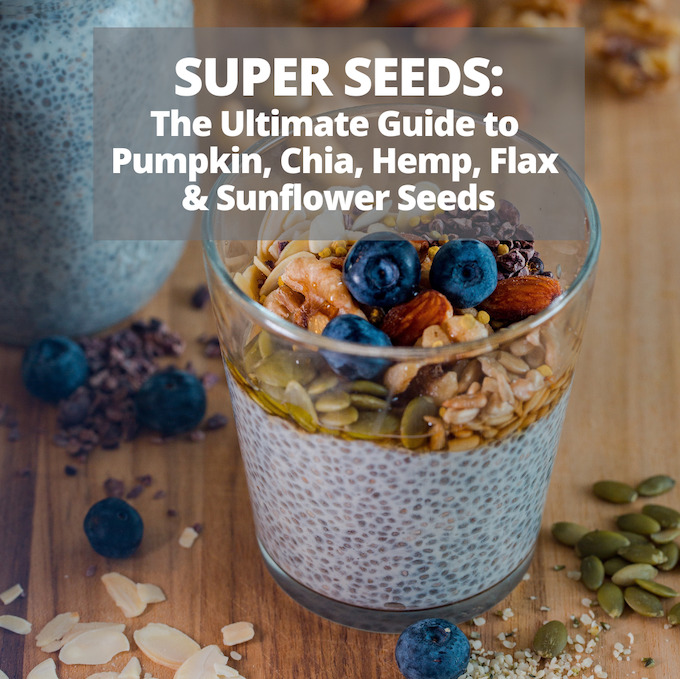
What are Super Seeds?
These ever-growing popular seeds are often referred to as “Super Seeds,” and for good reason! They are packed with nutrients, rich in fiber, and high in antioxidants which may provide anti-inflammatory benefits.
Unique to chia, flax, and hemp seeds are their high omega-3 content, making them the highest among any other plant sources. They are also high in protein and naturally gluten-free!
Even better, these super seeds are relatively inexpensive, cost-effective, and easy to add to almost any dish.
But what exactly are the benefits of these so-called super seeds? Let’s break down why these seeds should be a part of your diet and how to reap the benefits.
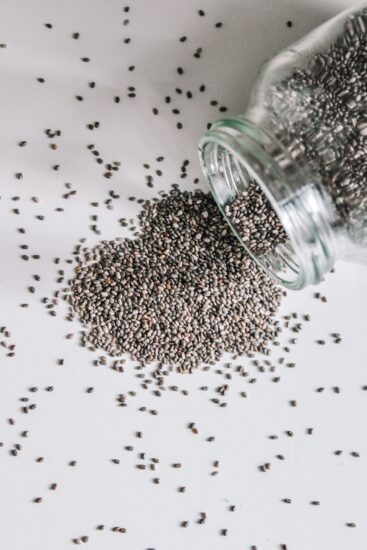
What are Chia Seeds?
Chia seeds originated over 5,000 years ago in Mexico and Guatemala. They were famously used by the Mayas and Aztecs for medicinal purposes, religious rituals, and food.
Chia seeds have certainly stood the test of time as they are rich in fiber, vitamins, and minerals such as iron, calcium, magnesium, and phosphorus. Even better, they are a plant-based complete protein, meaning they contain all nine essential amino acids our bodies cannot produce.
One serving of chia seeds provides (2 tbsp):
- 138 calories
- 7 g of polyunsaturated fat
- 4g protein
- 11g fiber
These powerhouses are high in polyunsaturated fats too, specifically omega-3s. They are rich in antioxidants such as caffeic acid, myricetin, and quercitin which have cardio-protective benefits, anti-aging properties, and anti-carcinogenic properties.
These antioxidants protect against free radicals which can be harmful to the body and increase inflammation and the risk of heart disease, cancer, and diabetes.
Recent studies have shown that chia seeds aid in lowering LDL “bad” cholesterol and blood sugar control in Type 2 Diabetes. This may be due to their high fiber content, which provides almost 40% of the RDA (recommend daily allowance).
I typically buy Mamma Chia or Bob’s Red Mill chia seeds but there are lots of great options out there. Also note that you can get white chia seeds that blend in a bit more when used in baked goods and other recipes. Or look for chocolate-covered chia seeds that you can use as sprinkles! You can find all my recipes using chia seeds here.
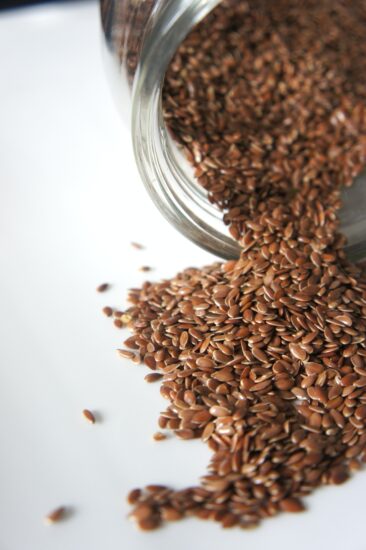
What are Flax Seeds?
Flax seeds are also no stranger to history, as they are considered one of the oldest crops. The flax plant likely originated in the eastern Mediterranean and was domesticated in the fertile crescent (present-day Iraq, Turkey, Syria, Lebanon, Israel, and Palestine).
Similar to chia seeds, flax seeds are rich in fiber, omega-3s, and antioxidants which have anti-inflammatory properties. Flax seeds are even gluten-free, making them a great addition to gluten-free recipes!
One serving of flax seeds provides (1 tbsp):
- 37 calories
- 2g polyunsaturated fat
- 2g protein
- 2g fiber
Flax seeds are also effective in improving blood pressure levels, decreasing LDL cholesterol, and even reducing the risk of stroke.
They are also protective against cardiovascular disease, which makes this powerhouse seed a great heart-healthy option.
Flax seeds, like chia seeds, also aid in blood glucose control in those with Type 2 Diabetes. Flax seeds are also rich in phytoestrogens, lignans, and alpha-linolenic acid (an omega-3) which have been shown to be effective in breast cancer prevention and treatment.
In one study, flax seed consumption was associated with reduced tumor growth in breast cancer patients. Likewise, flax seeds have also been shown to be protective against not only breast cancer but, colon, prostate, and lung cancers.
There are tons of brands offering ground flax on the market. I personally like the ground flaxseed meal from Bob’s Red Mill. Be sure to check out my recipes using ground flax.
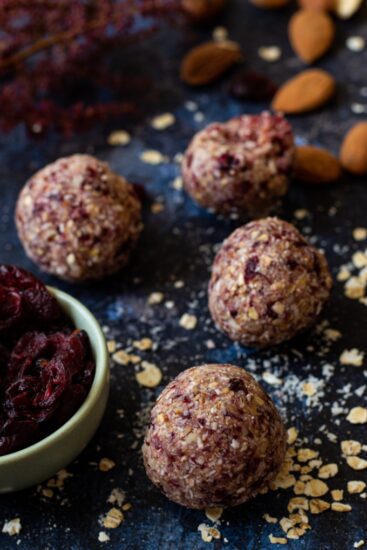
What are Hemp Seeds?
Hemps seeds, like our other super seeds, are considered an ancient plant. Its original origins are believed to be in central Asia and introduced to Europe during the Bronze Age almost 5,000 years ago. But, some evidence suggests it may be indigenous to Europe.
Hemp seeds come from the plant Cannabis sativa or marijuana plants. According to the FDA, hemp seeds do not naturally contain THC which means they are safe for consumption for both adults and kids!
Today, hemp is widely produced all over the world including parts of Asia, Canada, the United States, Europe, and Africa.
Hemp is high in polyunsaturated fats and rich in both omega-6s and omega-3 which provide anti-inflammatory benefits to the body.
Hemp seeds are a complete protein, containing all nine essential amino acids. One serving of Hemp Seeds provides (3 tbsp):
- 166 calories
- 14g fat
- 10g protein
- 1g fiber
Hemp seeds are also high in an amino acid called arginine. Arginine is a precursor to nitric oxide which is important to proper heart function.
In combination with this important amino acid, hemp seeds are rich in antioxidants, tocopherols, carotenoids, and phytosterols which may reduce the risk of heart disease and improve blood pressure levels.
Hemp seeds also contain important vitamins and minerals such as vitamin E, phosphorous, potassium, sodium, magnesium, sulfur, calcium, iron, and zinc.
My favorite brand of hemp hearts is Manitoba Harvest. You can find all my recipes using hemp seeds here.
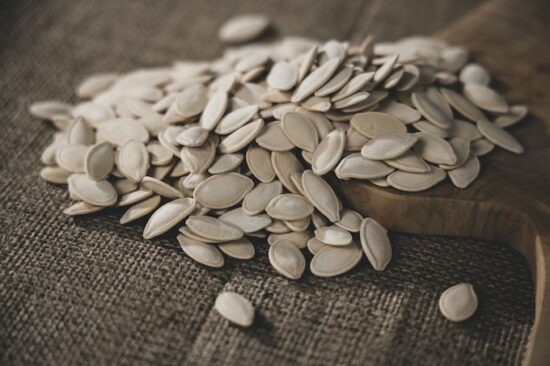
What are Pumpkin Seeds?
Pumpkin seeds come from the pumpkin, a squash that is believed to originate in North America over 9,000 years ago! Pumpkin seeds are packed with nutrients, so next time your carving a Jack-O-Latern, save those seeds! Shelled pumpkin seeds are called pepitas and this is how you often find them sold in stores.
One serving of pumpkin seeds contains (1 oz):
- 158 calories
- 14g fat
- 8.5 g protein
- 1.7 g fiber
Pumpkin seeds are a good source of vitamins and minerals such as vitamin E, magnesium, potassium, zinc, manganese, iron, and calcium.
These powerhouse seeds are also a rich source of antioxidants, phytosterols, and flavonoids. These compounds may reduce the risk of cancer, diabetes, and cardiovascular disease, provide anti-inflammatory benefits, and reduce oxidative stress.
Pumpkin seeds are also a great source of unsaturated fats which provide anti-inflammatory benefits and reduce the risk of cardiovascular disease. Consumption of pumpkin seeds has also been shown to reduce the risk of breast cancer.
I buy my pumpkin seeds at Costco. My favorite are the sprouted pumpkin seeds from Go Raw! You can find all my pumpkin seed recipes here.
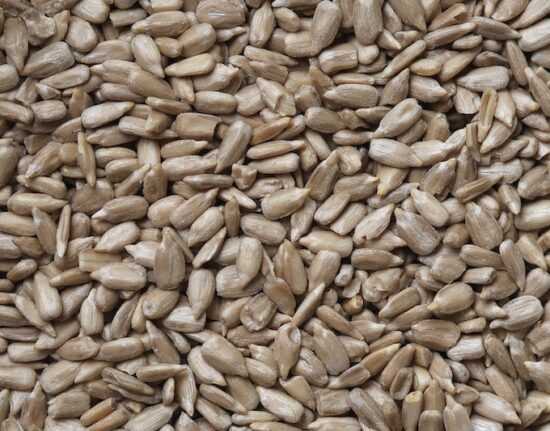
What are Sunflower Seeds?
Sunflower seeds come from the Sunflower plant, which is native to North America. Sunflower seeds were first cultivated among Native Americans almost 5,000 years ago!
One serving of Sunflower seeds contains (¼ cup):
- 186 calories
- 16g fat
- 6g protein
- 4g fiber
Sunflower seeds are an excellent source of protein, fiber, vitamins, and minerals. Sunflower seeds are rich in Vitamin E, Selenium, zinc, folate, and iron. They are also a good source of unsaturated fats, antioxidants, flavonoids, and phenolic compounds.
Given its rich nutritional value, it’s no surprise that sunflower seeds provide a slew of health benefits. Sunflower seeds provide anti-inflammatory, antimicrobial, and cardiovascular benefits.
Sunflower seeds may also reduce LDL cholesterol levels and lower the risk of a heart attack. Its rich source of Vitamin E also provides protective benefits against cardiovascular disease and some types of cancer.
Sunflower seeds are used to make a nut-free substitute for peanut butter which can be helpful for families with nut allergies. SunButter is one of the most popular brands.
How do I Store Seeds?
These super seeds are a great pantry staple! Just be sure they are in an air-tight container or resealable bag when storing.
How to store chia seeds
- Can be stored for up to 18 months in the pantry
How to store flax seeds
- Whole flax seeds can be stored for up to 2 years in the pantry from the purchase date
- Ground flax seeds can be stored for up to 1 year in the fridge once opened
How to store hemp seeds
- Can be stored for up to 1 year in the fridge after opening
- Can be stored for up to 3-4 months in the pantry after opening
How to store pumpkin seeds
- Can be stored for up to 6 months in the pantry
How to store sunflower seeds
- Can be stored for up to 1 year in a pantry
- Can be stored for up to 4 months in the pantry after opening
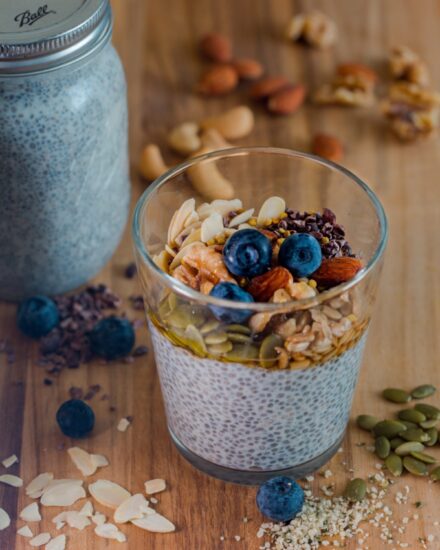
How to use Super Seeds
There are so many easy ways to incorporate seeds into your everyday diet. Let’s break down a few ways to add each of them into your daily routine!
How to use chia seeds
- Add to smoothies, oatmeal, or yogurt
- Sprinkle on top of salads
- Make Chia Jam or Chia Pudding (Check out the recipes below!)
How to use flax seeds
- Add to smoothies, oatmeal, or yogurt
- Sprinkle on top of salads
- Incorporate into baked goods such as muffins, banana bread, or waffles
Important: Whole flax seeds have a very tough outer shell, which makes it difficult for our gut to digest. Ground flax seeds are much more readily absorbed and easier to digest. You can grind flax seeds yourself using a coffee grinder or buy them already ground. And, tada, they are ready to enjoy!
How to use hemp seeds
- Add to smoothies, oatmeal, or yogurt for a boost in protein
- Sprinkle on top of salads
- Incorporate into baked goods
- Add to homemade dressing and sauces for added creaminess
How to use pumpkin seeds
- Add on top of salads, oatmeal, yogurt, or into granola
- Roast pumpkin seeds for an on-hand snack
- Add into baked good recipes like bread, crackers, or even cookies
How to use sunflower seeds
- Add to salads, oatmeal, trail mix, or yogurt
- Make Sunflower Butter
- Use as a nut-free option in recipes that call for nuts or peanuts
- Roast sunflower seeds for an easy snack
Needs some recipe inspiration? Check out some of these fantastic recipes packed with super sees to enjoy!
Recipe Inspiration
Check out some of my favorite recipes in incorporate these super seeds into your diet!
Banana Flax Waffles
These Banana Flax Waffles are made with just seven ingredients and no added sugar. They freeze well and make a great breakfast or snack!
Fruit Pizza with Oatmeal Flax Crust
This Fruit Pizza with Oatmeal Flax Crust is packed with fiber and super easy to make. Let everyone top this kid-friendly breakfast or snack creation with their favorite nut butter, yogurt and fruits!
Gluten-Free Buckwheat Pancakes
These gluten-free buckwheat pancakes make a quick, healthy breakfast. They’re packed with protein and fiber, are kid-friendly and reheat well!
Gluten-Free Pumpkin Yogurt Bars
This recipe for Gluten-Free Pumpkin Yogurt Bars makes a quick, healthy breakfast or snack. They’re kid-friendly and easy to customize
Peanut Butter Hemp Seed Cookies
These Peanut Butter Hemp Cookies are made with just six ingredients and make a perfect protein-packed snack or dessert. Plus they’re kid-friendly!
Peanut Butter Hemp Energy Balls
These Peanut Butter Hemp Energy Balls are packed with fiber and protein for a healthy, kid-friendly snack made without protein powder
Lemon Energy Balls
Bursting with citrus flavor, these Lemon Energy balls make the perfect snack. Made with just 5 ingredients, they’re gluten-free, paleo-friendly and perfect for stashing in the fridge or freezer!
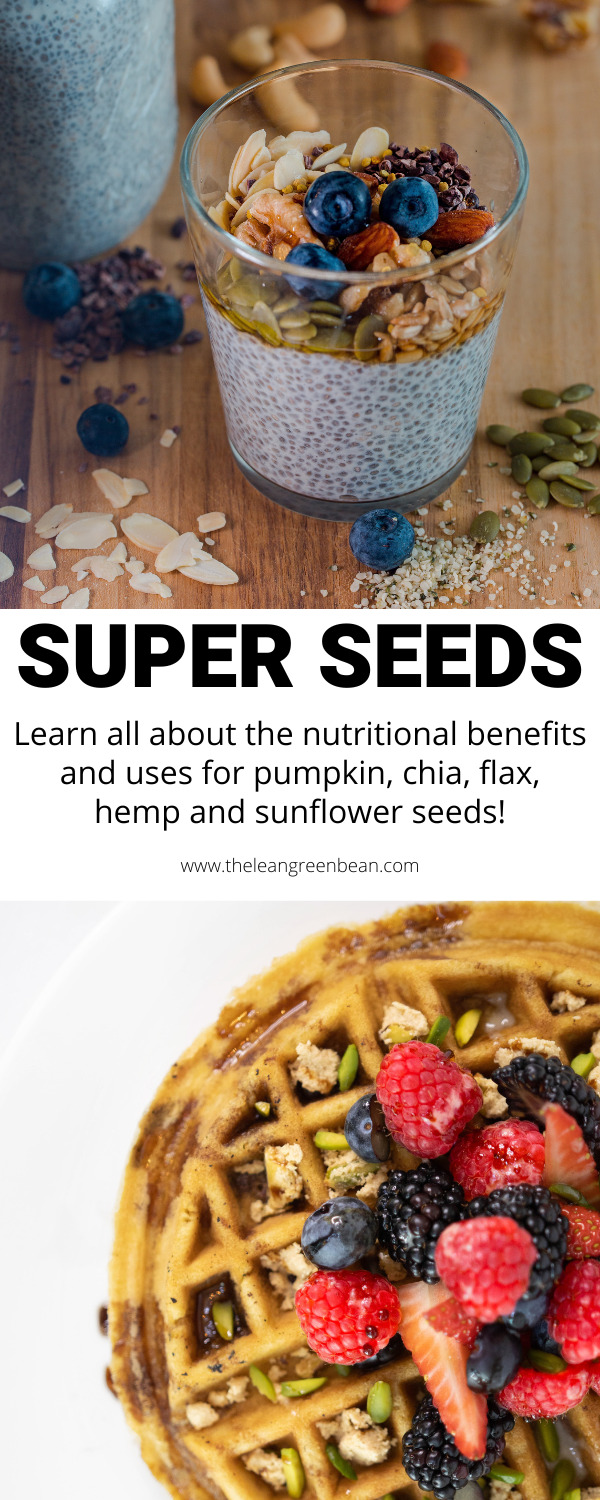
Enjoy!
–Lindsay–
To see the resources used for this article, click here.
Get my free Table Talk email series where I share bite-sized nutrition information about carbs, protein, and fat, plus bonus information about snacks and sugar!

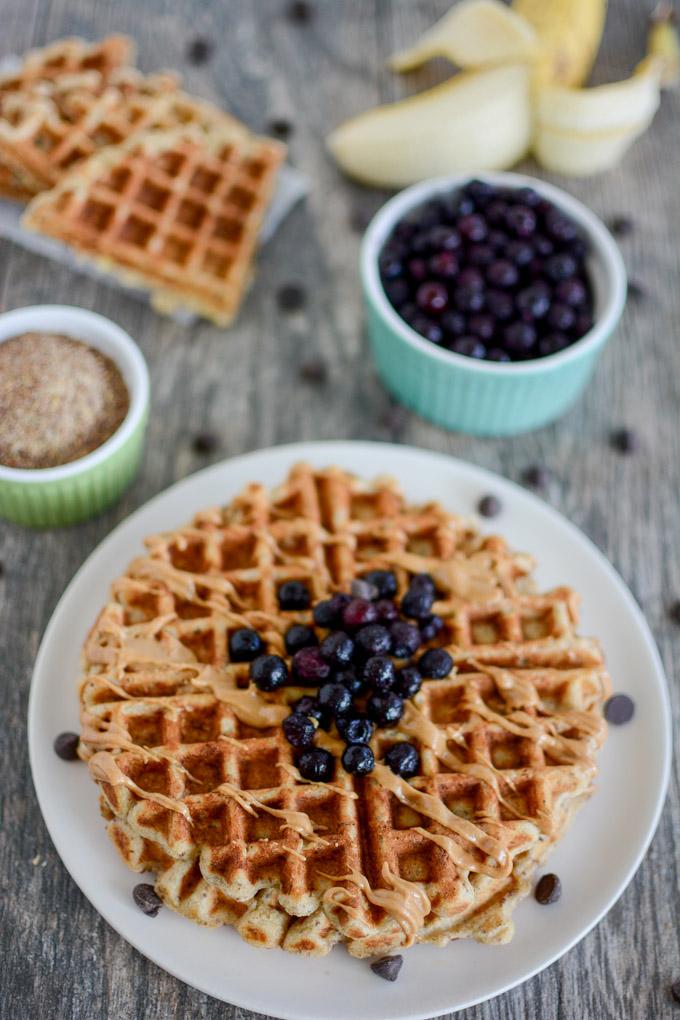
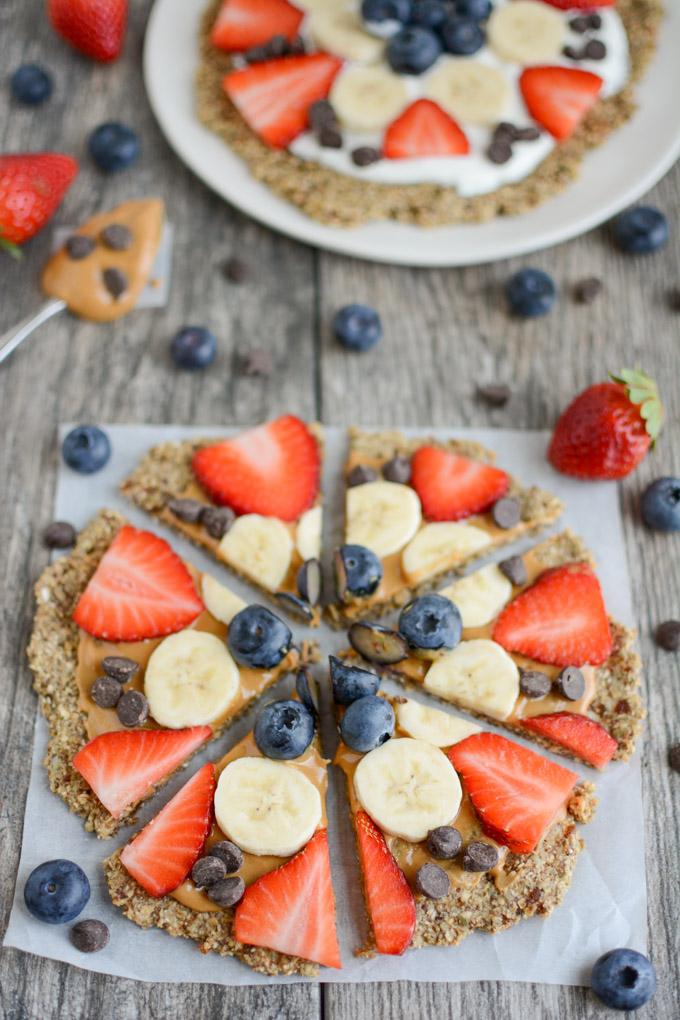
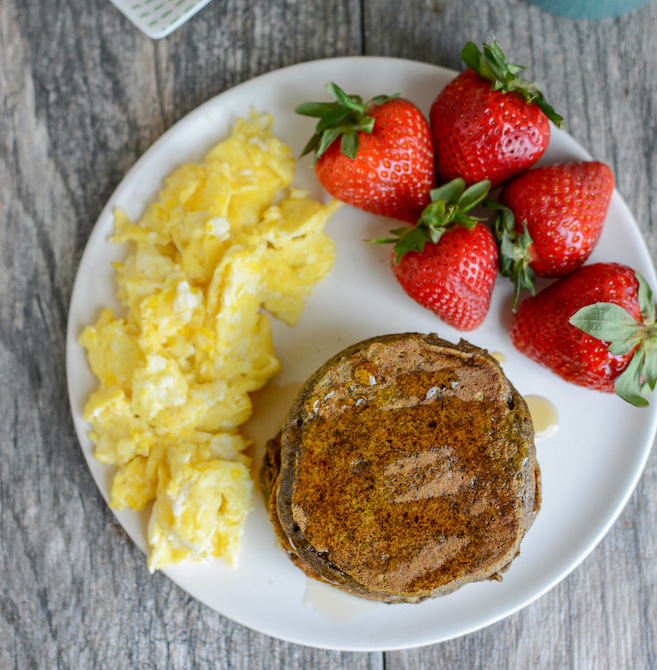
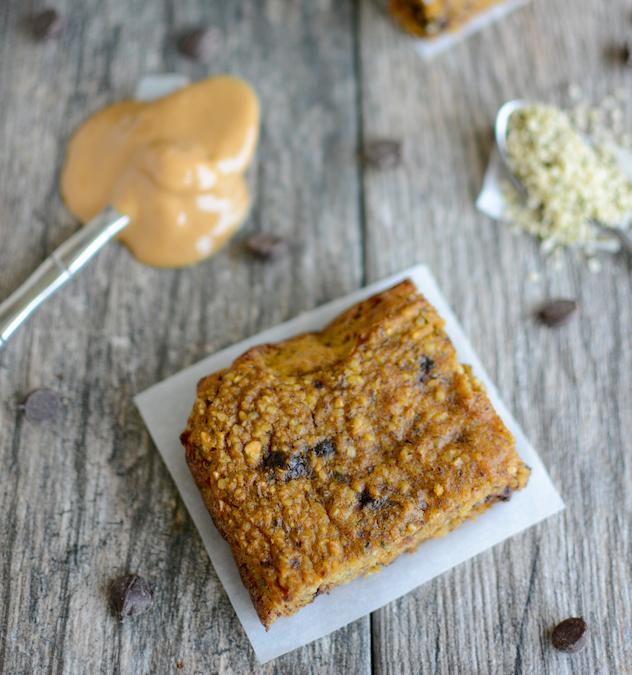
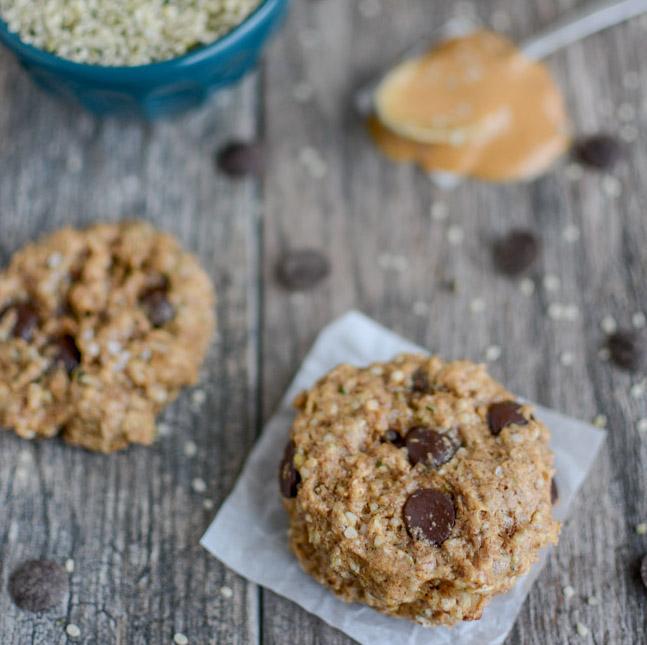
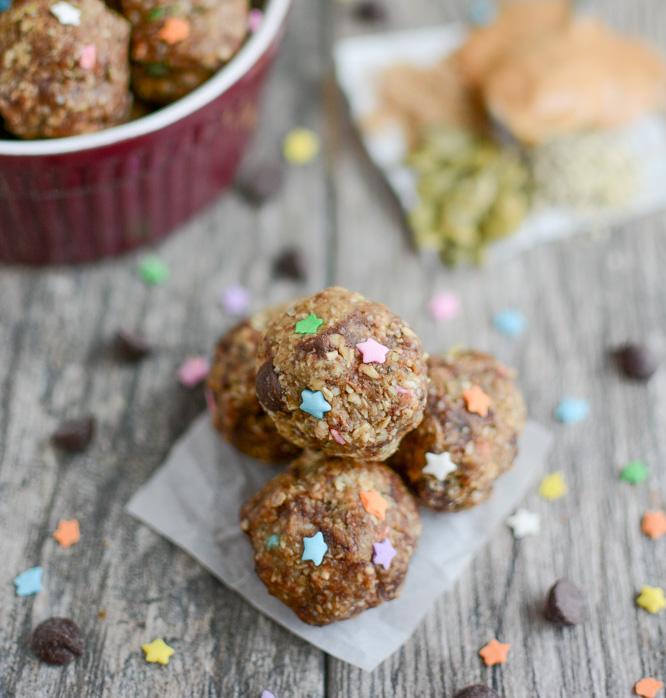
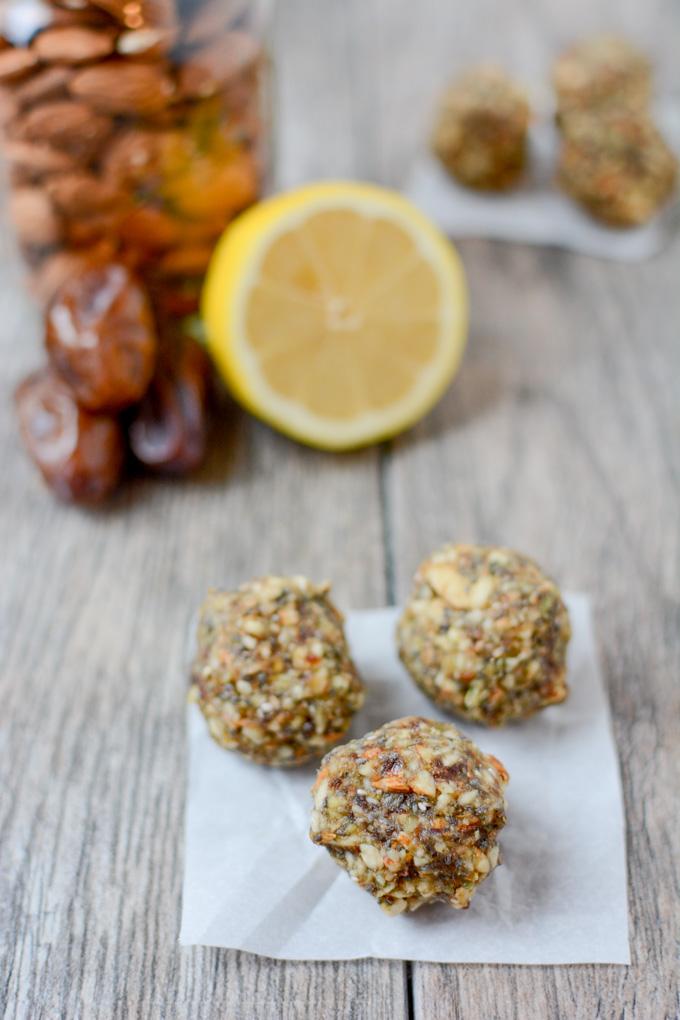
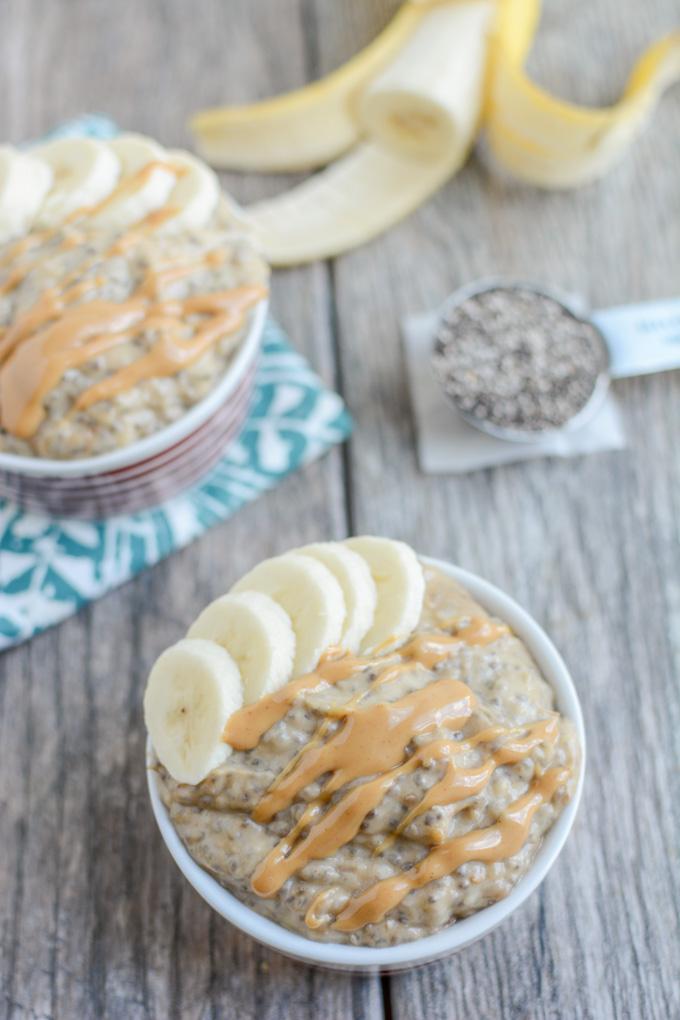
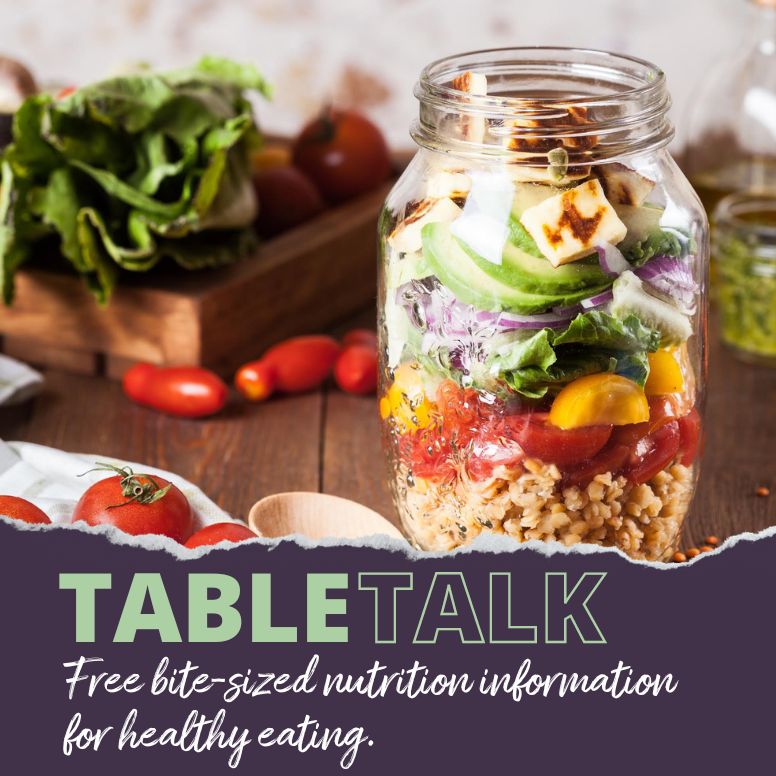
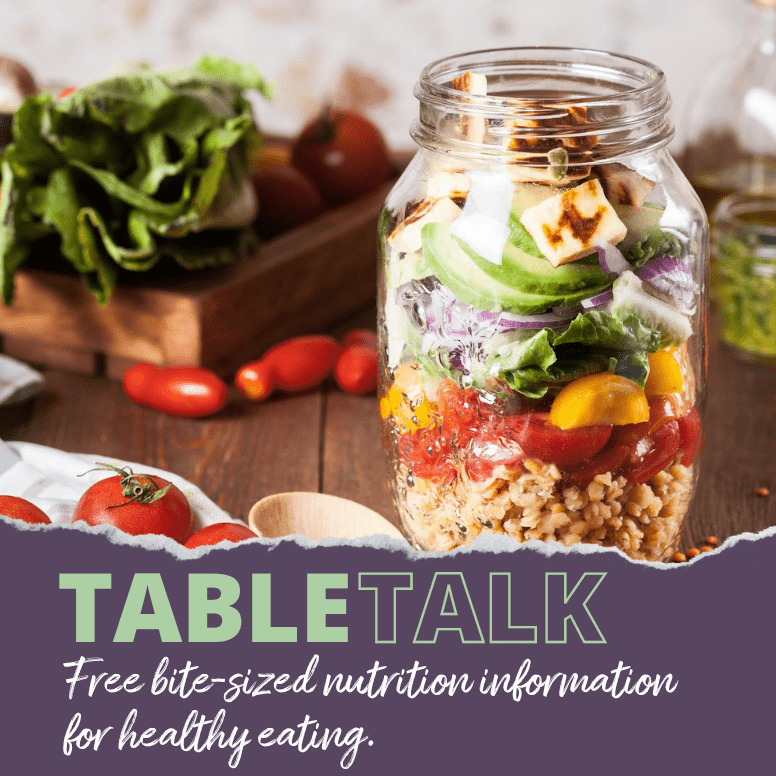
This is a great resource! I really love that you gave the nutritional information and how to use each seed. It was really helpful that you added a link to all the recipes that use the certain seeds. Thank you for making all of this information in one spot to reference! I am always looking for ways to incorporate seeds into my diet and my kids. Thank you for the easy recipes that even my kiddos can make almost on their own!
This was a lot of interesting and useful information! I appreciated the link to Mamma Chia, too-I’ve been trying to find some white chia seeds to use in chia jam and they sell them. I’ll definitely be sprinkling some seeds on my yogurt bowl for breakfast. 🙂